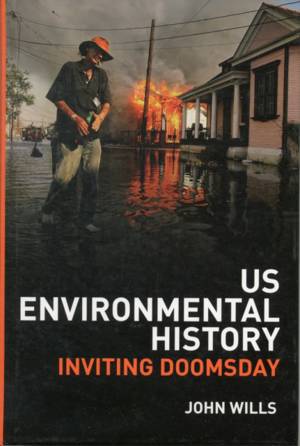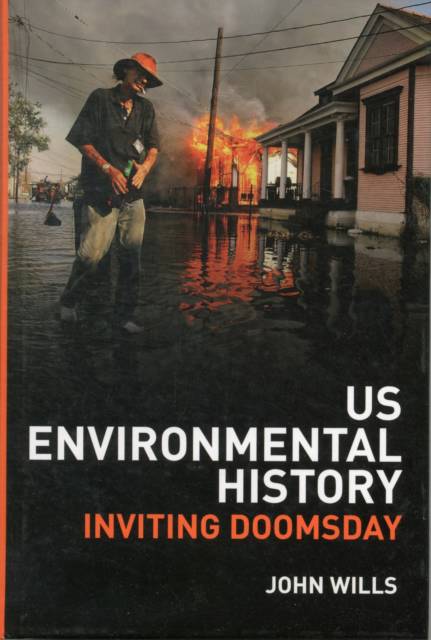
- Retrait gratuit dans votre magasin Club
- 7.000.000 titres dans notre catalogue
- Payer en toute sécurité
- Toujours un magasin près de chez vous
- Retrait gratuit dans votre magasin Club
- 7.000.0000 titres dans notre catalogue
- Payer en toute sécurité
- Toujours un magasin près de chez vous
201,45 €
+ 402 points
Format
Description
Environmental issues in the USA are more important now than ever before. The devastation inflicted by Hurricane Katrina, growing evidence of global warming, and a struggling national energy supply highlight the unfolding crisis. Environmental fears translate into US automobile giants plying consumers with 'fuel efficient' cars in the 'MPG Lounge' of sales. Politicians talk of energy independence and getting tough on polluters. Fears gravitate around a fast-approaching doomsday scenario, an environmental endgame, of wholesale collapse, unless something is done.Yet fears of doomsday are nothing new. John Wills shows how the current environmental crisis is firmly rooted in the past. As well as explaining how today's problems are manifestations of older systems of economics, culture and politics, he also argues that America has already witnessed a range of 'doomsday scenarios, ' both real and imagined. He identifies and explores a cast of 'doomsday landscapes' that includes the Battle of the Wilderness in Virginia, the Santa Barbara Oil Spill, the 'Fable for Tomorrow' town featured in Rachel Carson's Silent Spring (1962), and Nevada's Doom Towns 1 and 2 blown apart by atomic testing in the 1950s. He reflects on contemporary ruminations over whether nature as a category endures given both the rising contamination of the US landscape and consumer proclivity for celebrating fake mementos of the outdoors (such as plastic lawn flamingos and artificial plants). And most significantly, he poses the question of whether Americans have been inviting doomsday through their long-term environmental actions.
Spécifications
Parties prenantes
- Auteur(s) :
- Editeur:
Contenu
- Nombre de pages :
- 240
- Langue:
- Anglais
Caractéristiques
- EAN:
- 9780748622634
- Date de parution :
- 28-11-12
- Format:
- Livre relié
- Format numérique:
- Genaaid
- Dimensions :
- 163 mm x 236 mm
- Poids :
- 557 g

Les avis
Nous publions uniquement les avis qui respectent les conditions requises. Consultez nos conditions pour les avis.






